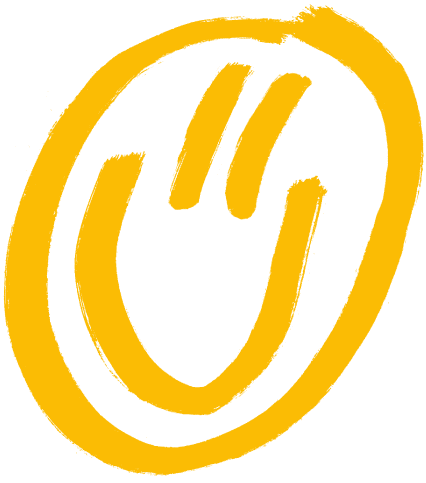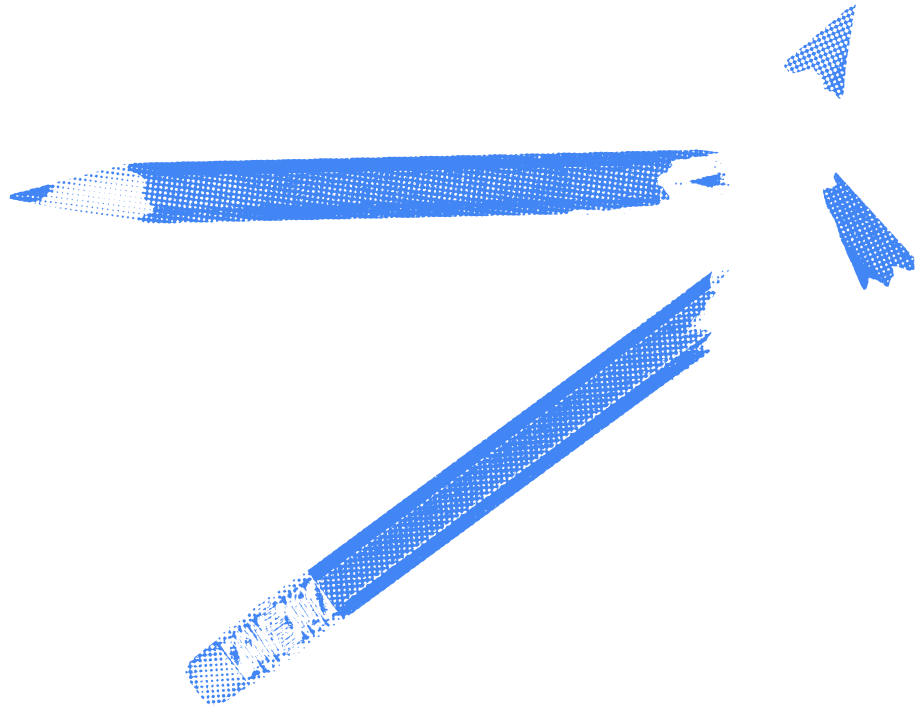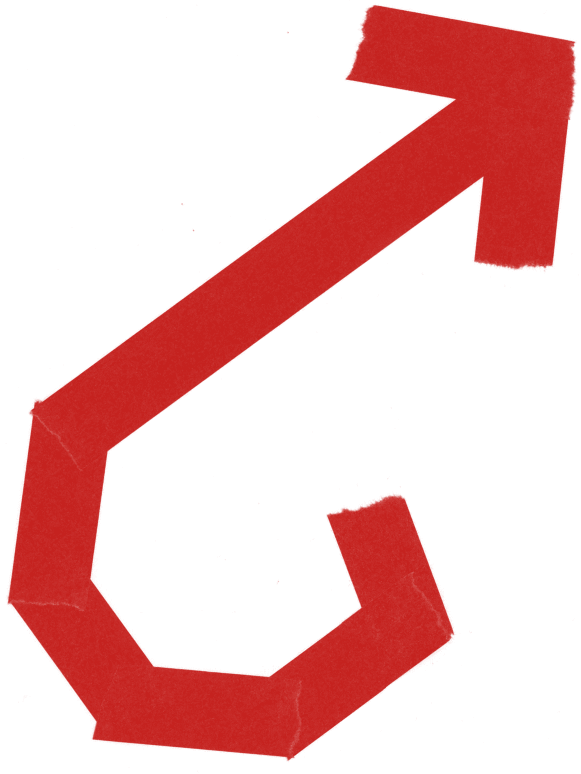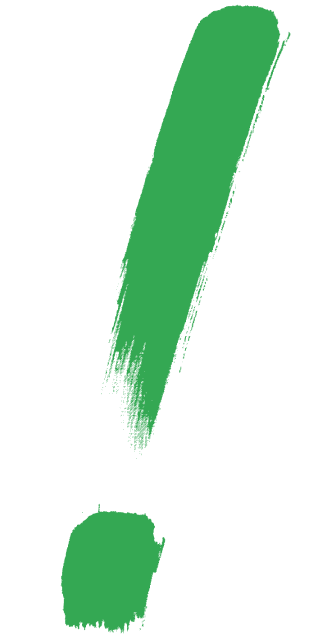Sulaiman Khan is the Founder and Chief Purpose Officer of ThisAbility, a London-based, disability-led equity business that helps socially conscious organisations focused on sustainability, technology and design to increase revenues by engaging the estimated $8 Trillion disabled market.
Mrs. Naheed Rubi Khan, known as Rubi, is Sulaiman's mother, supporting his mission to ignite, invest in, and amplify disability-led creativity across the world.
Christopher: OK. A new beginning. What do you think that means to you?
Sulaiman: I think it’s the very concept of reinventing yourself and not being unfaithful to yourself and constantly evolving and progressing and perfecting. So for me as I get older it is trying perfect and to do things correctly all the time, and I’d rather progress. Particularly in the last 3 or 4 years I’ve really grown as a person. I’ve really been a lot more open about my disability and disability in general. And also in the wider equity, so looking at social injustice, looking at things and constantly growing and growing and learning.
A New Beginning I think means lots of hope and lots of positive things. Not forgetting the past but using the past to move forward into the future.
CK: Not forgetting, but using the past is much more prevalent now with things like Black Lives Matter and even Covid. We’ve had pandemics in the past, and history has shown us how we’ve got through them. BLM opened peoples’ eyes to injustice towards Black people and people of colour, but it has ignited the fire to injustice to disability too…
Sulaiman: Particularly in regards to BLM, you can’t separate racism from ableism. Until you address both, you can’t solve either. So I completely agree it is quite intersectional, and realise how important intersectionality is.
CK: How do you think creativity can help us move forward?
Sulaiman: Creativity is such a huge part of my life. Creativity has the power to completely change the world in a much more positive way. Advertising agencies say they’re creative, but they’re the least creative people on earth. For me, it’s looking at every single type of creativity in the world: teachers are creative, neurosurgeons are creative. For me, disabled people are the most creative people in the world because we have to adapt to society and adapt to ourselves. We have to adapt so quickly and innovatively and creatively just to survive, because society’s ableism and inaccessibility is dangerous to us. If you don’t use our creativity then you can’t survive, let alone thrive. Creativity is such a powerful tool that we don’t utilise enough.
We all have it as children but the older we get we are taught not to be creative; not to have those interesting thoughts and ideas that could really transform the world. Creativity has the power to completely change the world. Outside advertising, as well as in design, music, art and even literature, is extremely powerful in the way that you can connect to society and create social commentary about what is happening in the world and how to progress society.
What a lot of people don’t realise is that a lot of things we use today, from touch screens to texts, have been created by and for disabled people. So everything that we use, disabled people are behind it. Unfortunately, despite this, disabled people are still not treated like human beings.
Rubi: Human beings are not getting their worth.
Sulaiman: Yeah, forget worth, I think it’s just not treating us with dignity or even understanding the context. The world in general has such a hard time with disability. Even saying the word disability! It’s annoying. You can’t say ‘disabled’ or ’disability’, they say ‘differently-abled’ or ‘special needs’, because they have such a hard time with it.
CK: It feels like everyone is saying the right thing and everybody’s on board. One of the first times within the disability arena that it was really prevalent to me was when we filmed with you and your Mum and I was asking you if you wanted to come for a drink but you needed to go back.
And then we got to the bar and Outvertising is this big group for making sure that advertising reaches everybody and makes sure that everybody is seen and heard within ads. We went to the drinks and I realised there were 2 steps to get in the door and where the table was you had to go up a spiral staircase.
If you’d have said yes to the invite then I actually don’t know how you’d have got into the venue. I said to the director ‘we’ve just been filming for this organisation with a great person that I invited to come here and we can’t have this event here again’. They said ‘aww yeah but everybody likes it here’. This argument went on for two or three days. I said ‘I’m out if you don’t sort it out. You can find somebody else and give my position to somebody else because this isn’t the place for me’.
To think that that group of people feel quite important because they’re helping to move that dial and change things but didn’t want to change where they drink in soho because they like it there even though it’s not accessible…
Sulaiman: That’s the thing: 43% of people in the UK don’t know a disabled person and 76% of people in the UK haven’t invited a disabled person to a social event. So often in the particular context of disability it’s such an easy fix to find somewhere accessible. There are some very nice accessible venues but you just have to be open to it.
Rubi: Remember you got stuck while they were announcing your award?
SK: That’s a really funny story as well. I won an award back in the day for doing an excellent campaign. It was at Indigo at The O2. When I arrived, it was straight into the back because I was really late because I was stuck in traffic. I went to the stair lift and got stuck in the stair lift and ‘oh no it was working this morning’ and I can hear them announcing my name that I’d won the award.
RK: The big screen showing all your achievements talking about Sulaiman and he’s saying ‘hey I’m up here in the lift!’
CK: Did you manage to get to the stage in time?
SK: No I couldn’t get on stage so I had to accept the award off stage. It’s so bad. The ironic thing is that’s part of the reason why I won that award was for my work towards accessible leisure facilities and I couldn’t even get into the O2. You can’t make it up I swear.
You can’t make it up. Most people don’t realise that disability is hilarious. It’s so funny. The amount of things you go through as a disabled person is so, so funny.
CK: You’ve just said something that I think is really poignant—that disability is funny. And I say that seriously as well. Is that something you see much of creatively? The funny side, or do you think creatives could show that more in a respectful way?
SK: The only time that I have seen that is in the Maltesers adverts that featured disability. Even today, that is the most effective campaign in the last 10 years. Every time that advert played on TV they showed the funny side of disability in such a hilarious way. And also one thing I want to say is just because you’re disabled doesn’t mean you can’t be an arsehole. So disabled people can be complete arseholes as well and it’s got nothing to do with disability just that they’re an arsehole.
RK: Human nature.
CK: So for creatives all over the world reading this, what would you tell them so that 2021 is more representative of people with disabilities?
SK: First of all, don’t be afraid to even say hello to disabled people, and that’s the first step to start the conversation. Even if you’re disabled, don’t be afraid to question what you think you know about disability. Always ask questions. Just utilise us, trust us, believe in us, value us and just get excited about the potential we have.
As disabled people, our creativity is completely untapped just because of ableism.
What the pandemic has proven is that we have a huge opportunity, as disabled people, particularly disabled people of colour and disabled people from other intersections, to be a much more valuable part of society, and really use our creativity to make the world a better place. Whether it’s to do with sustainability or design or whatever it is, just making sure that it is accessible and inclusive of disabilities. It’s good for everybody, not just disabled people.
43% of people in the UK don’t know a disabled person and 76% of people in the UK haven’t invited a disabled person to a social event
MK: Can I just tap in on the one bit where you just said ‘use us’. No, do not ‘use’ you, value you and value your worth in a way that just because you’re disabled does not mean that you’re an easy target to be used. If you’re worth your worth then you need to be paid your worth, that’s what I say.
CK: I totally agree and I think that’s a good segment to bring you in, Mum. I hope you don’t mind me calling you Mum but I like saying the word Mum.
RK: Call me Mama.
CK: I don’t know if I told you before, I was in care so I don’t have a Mum or a Dad.
RK: It doesn’t matter, I can be your Mama. I love kids and I’ve got quite a few that didn’t come out of me but they call me Mama and I love that. One of [Sulaiman’s] carers is from Ghana and we’ve known him for 11 years. I think when he started, he was 27/28 and called me Mama. And I'm Grandma too. You don’t need to have blood in you to share love. Love is love and God is love and I believe in that.
CK: What a beautiful way to start. You’ve made me go a bit funny. I wish the rest of the world thought like that.
RK: I just saw on myself some grey hair.
CK: You’re beautiful. I think one of the main reasons why I wanted to talk to you is that Sulaiman’s pushed so many boundaries but you’ve pretty much been by his side to push them. I just wanted to hear from you when he was younger and what he was like.
RK: When he was younger he was such a Mama’s boy! I couldn’t clean without him saying ‘Mama where are you going?’ I’d say ‘I’m going to the loo’ and he’d ask why, and I’d say ‘If I don’t I’ll wet myself!’
Other than that, what I did try to put on him was that I did not want him to be vulnerable or dependent on me or anybody in this world. I wanted him to be independent and rely on his own senses and his own ability. I wanted him to be strong. If you get hurt, or fall over, then so what? Get yourself up and keep going. Yes it hurts for a little bit but then it goes away and then you keep going. But when he’s really hurt, Mama is behind you. She’ll give a little TLC to help you keep pushing.
At the end of the day it’s been a lot of bittersweetness. We’ve had all kinds of people saying to me ‘oh it must be so hard...’ Culturally, Pakistan is a little bit weird when it comes to disability. They don’t mention disability because they think it’s God’s punishment. God does not punish, I don’t believe in that because God would never punish. If he’s created him and why would he do that to him. I don’t think I’ve been punished or that Sulaiman has been punished. I think there’s a reason for him being on this earth. Maybe for good but maybe for bad but he’s here. If someone said ‘would you want to replace him with a child with legs?’ then I’d say ‘no, thank you’.
SK: Basically, I was diagnosed at 18 months with muscular dystrophy and they said I’d die by the age of five.
RK: He had one of those rare dystrophies that they didn’t know, so they gave him a life span of five years and I thought ‘no that can’t happen.’ I went into a spiral and couldn’t get myself out of it. I had one child before my husband, the love of my life. He said ‘we can cry and mope over it or we can make the most of it’. Yes he has five years to live but we’ve already wasted two years and so we have three years to enjoy him. If we waste it, then you’ll ruin my life, you’ll ruin your daughter's life and the two children we have so let’s live day by day and see what happens’. Now he’s 30…
SK: 5… and a bit…
RK: God bless him and a pain in my backside. At the end of the day you know it’s just been a lot of struggle and a lot of sweetness too. I think how he’s grown now, especially since going to Uni. Before he was very clingy and I did not trust anybody. I was his main carer for 23 years.
CK: Where do you think his creativity came from?
RK: I wouldn’t know, to be honest with you. I won’t take the credit for it because the thing is, I don’t think I’m that creative. I only went to high school. But then again, I’m a dreamer too. I dream of things that may never happen. I see things because I believe in love, I believe in people. Doesn’t matter what colour, race or religion they are. People are people. If you love somebody that person will eventually love you back.
They can be nasty, vicious, and swear til the kingdom comes. End of the day, in that tiny bit of their heart, there will be love. I’ve had people call me Paki, ‘go back to your home’ etc. But I say ‘yeah I would love to do that but apparently I’m here so you’re stuck with me. I’m just as British as you are, but I look different. Yeah I’m brown with a head scarf but so what!’
SK: It was really hilarious especially when I was younger. My Mum was pregnant with my younger sister. Someone said some really quite horrific stuff but basically we moved into this house, where we were like the only Asian people, the only brown family. It was quite a surreal experience…
RK: At the end of each day my mouth was aching from smiling at my neighbours.
CK: I get that.
RK: I love people and I have no prejudice against anybody but the problem is you’re having to always put this fake smile on you. Yes I’m brown, so what? I wear different clothes to you. My food has a spicy smell to it. So what? I’m a human being. Say hello.
SK: Better than just beans on toast…
RK: You know it was always a struggle. I had to make the first effort to say hello. When I lived in Europe I didn’t struggle as much as I did in England.
SK: And that’s the same thing with ableism as well. I am always the one that goes up to people and says hi to them.
RK: I’m a 60s child, I lived in Walthamstow. And Walthamstow now, we don’t have a very high Jamaican community. They moved to Hackney but from there I don’t know where they moved. A lot of my friends and neighbours were Jamaican. I had more in common with them than with my white friends.
Yeah they had trouble trying to braid my hair with the heavy vaseline and things like that but other than that I had more in common with them. I don’t know why but I did and yet it was the white families that felt a threat. They wouldn’t allow me to come into their homes.
My Jamaican Mums would give me patties and beans and rice and I’d come home with a full tummy.
Even now I notice they’re still not willing.
It's kind of like when there is a tsunami and it cleans everything out. I hope it cleans up all the dirt
CK: Do you think, because of BLM and Covid, things will change?
RK: I’ll tell you something, Black Lives Matter is a very good thing. It’s time that somebody spoke up now—we have so many beautiful lives being wasted and taken away.
When you live in America, every day in the news it’s one or two killings and so on. People think it’s normal but if it were a white, blue-eyed blond boy we would get endlessly plastered but if it’s a Black young man he must be doing something. Why do you always come to this conclusion that just because of his colour he must be doing something? When we were there, there was this boy with a scholarship from DC who got killed. All he did was he went with his brothers to get something and the shopkeeper didn’t like the look of the Black boys and went for his gun and shot him. He said he thought he was going for something but of course he was going to take out his money.
But this kind of shortness that we have is still going on. This kind of racism is still going on. We need to, not only by violence, but we need to show the politicians that make the decisions that there needs to be something positive done. That people do matter. We need to build bridges not burn them.
We still have a long way to go yet and maybe this Covid is a blessing in disguise. Showing people that with the lockdown, people of all colors indoors can understand disability and understand other people and their hardships.
For years, Sulaiman has been fighting to have flexible working hours. If you can’t work 9-5 in the office you can work just as much at home. In his bed he can work 10x faster than sitting on a chair. People say ‘no no no you have to come to the office’ and all that crap.
Now somehow they’re trying to find ways, if you just open the internet and see the number of businesses that are online now but weren’t before. What gets on my mind is that [this happens] when able-bodied people are trapped but they can't find a solution with a disabled person…
CK: How do you think creative advertising can help?
RK: My humble suggestion would be to have an open mind. It doesn’t matter if the person is disabled, approach that person and see what they’re all about. Accept their creativity. Creativity doesn’t happen in the office with white, blue-eyed people. We need to have a variety of people on our screens.
Chadwick Boseman (God bless him in heaven) opened a lot of doors for a lot of Black artists and there are very talented artists out there who are not given the chance. And the same goes for disabled people—give them the chance and you will see the difference in our society and the way we think. Allow other colours into your workplace and other kinds of people. Maybe you’ll create a fantastic output, maybe not. But at least give them the chance. If you don’t, then you’ll never see.
So that’s my humble opinion. I may be wrong but…
CK: I don’t think you are. I think that’s a brilliant place to close it. And I think let's hope that, as dreadful as it is, 2020 is a blessing in disguise here.
RK: I hope so. I hope it cleans it all up. It's kind of like when there is a tsunami and it cleans everything out. I hope it cleans up all the dirt.



